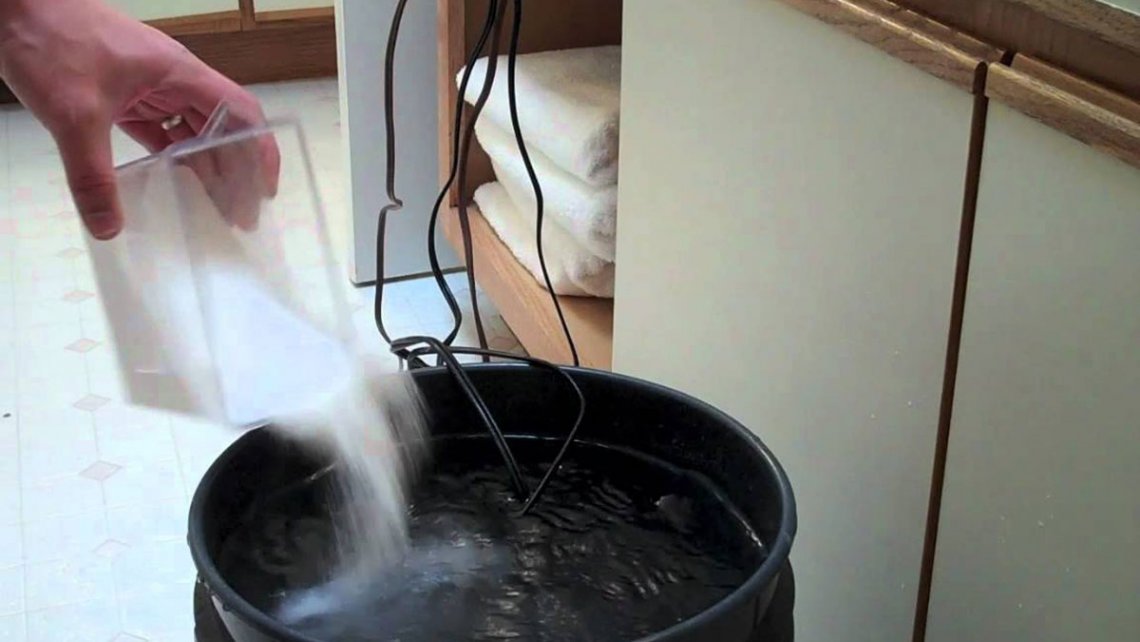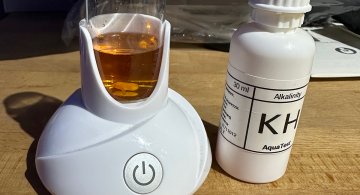Always test a new batch of salt!
Whenever I mix up a new batch of saltwater, especially if it is a new bucket I've opened, I test for three things: Temperature, Salinity, and pH. If the pH is down, I'll buffer it up. Usually if the pH is down, the alkalinity is as well. By buffering it up, it brings up the alk at the same time.
A few years ago, I had several buckets of the bad batch of Kent Sea Salt (which was measuring 1 dKH out of the bucket). When it was mixed up, the pH of the barrel was 6.0 for some reason. I knew that was crazy low, and scratched my head thinking the CO2 level in my home must be off the charts (since it was winter and the house was sealed up). I buffered it up with baked Baking Soda until it read 8.2 to 8.3, and then proceeded with my water change.
A month later, I did it again and it was low again. I never thought it was a salt problem until all the threads here on RC popped up with a lot of unhappy people declaring the demise of their tanks. They were not testing as they did the water changes, and as their tanks declined, they did more water changes which only exacerbated the problem. As you can imagine, right? One LFS in Arkansas was furious, as he killed his gorgeous 700-800g showtank the same way. When he finally started taking his own advice and measured the newly mixed salt, he discovered that the salt had little to no alkalinity. He called me up and brought me up to speed, asking me to measure my own. Mine had the same problem.
Because I was cautious and used this routine, my tank never skipped a beat. I guess I was lucky, since I didn't know it was actually an alkalinity problem and corrected for it anyway.
What some people do is measure Salinity, Alk, Ca, and Mg when they open a new bucket. If it passes with good numbers, it would be good to mark the bucket accordingly. Some opt to add anything lacking to the newly mixed water in an effort to keep things very stable. Others choose to add the additives to the tank itself.
















